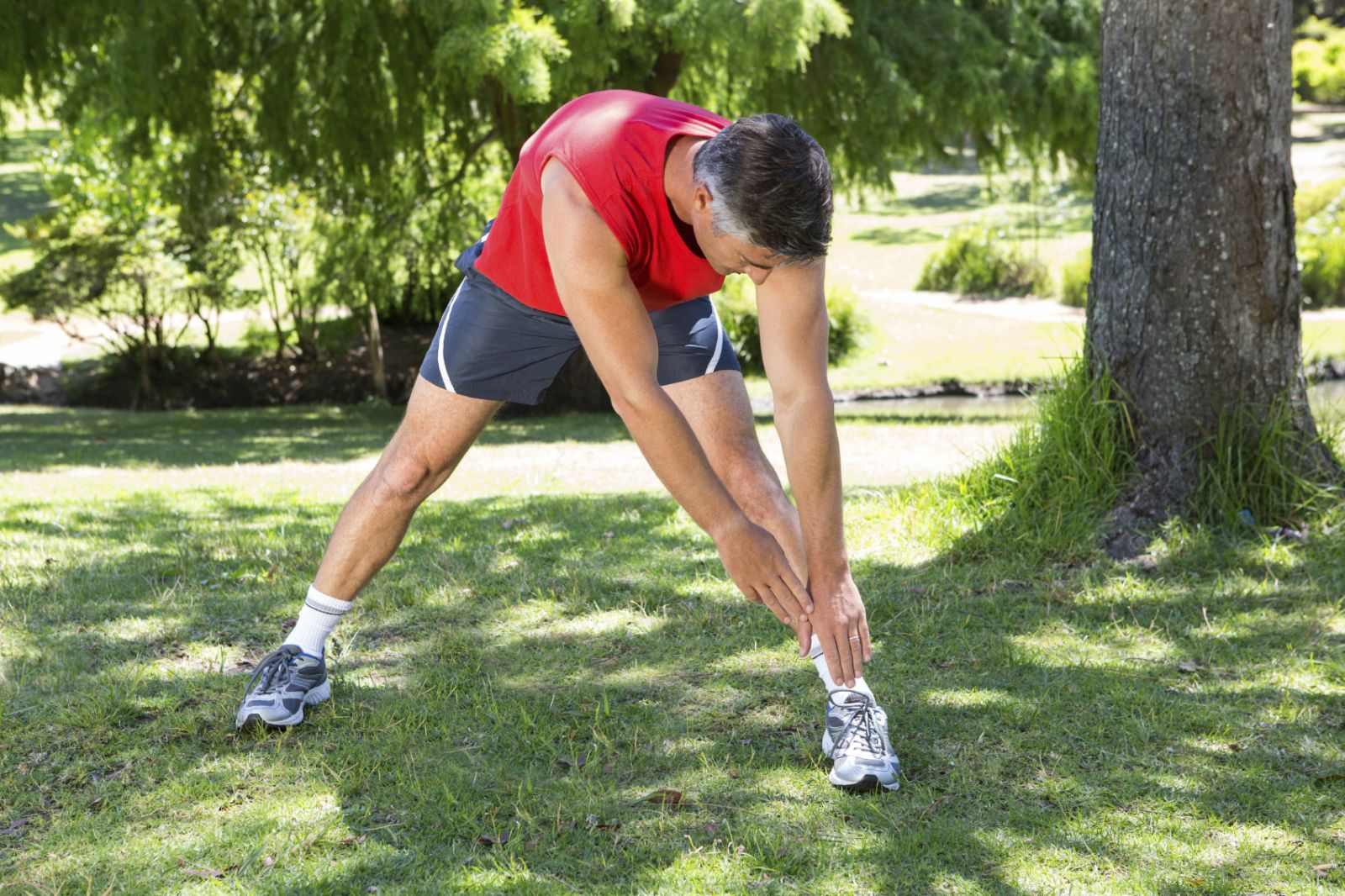|
Fitness Blog Covering Topics Of Interest Thursday, November 26 2015
In his Autumn 2015 statement, the Chancellor pledges to spend £600m on mental health. Out comes the fan fare and heaps and loads of praise for him and his party on tackling the current unacceptable under funded mental health situation in England. Let us, for a moment, step back and open the history books and look at mental health funding in England since 2010; the time when George Osborne, our Chancellor took office. Funding for NHS trusts to provide mental health services has fallen by more than 8% in real terms since 2010, according to research by Community Care and BBC News. Figures obtained under the Freedom of Information Act from 43 mental health trusts in England show that total funding for the trusts’ mental health services dropped in real terms by 8.25 per cent, or almost £600m (once inflation has been accounted for). Now, after a reality check has been taken of the situation should we still be showering the Chancellor with praise for his generosity?. In real terms, the Chancellor has been cutting funding to the most vulnerable persons in society, the mentally ill by £600m over the last 5 years and now we expect them to be thankful that he's giving it back. What sort of society do we live in where we make the most vulnerable suffer by not providing adequate services for them?. All that the Chancellor has done is to put mental health in England back to where it was in 2010 when he became chancellor and society should be grateful for this?. Gym In Motion provides fitness programs to persons struggling with mental health illness. What we've seen over the past 5 years is the impact that the taking of £600m in cuts from the mental health services has had on the most vulnerable in society. Front line services being strained to their maximum, long waiting lines to access therapy while the majority of people with mental health issues just don't get any help at all. Society is denying these vulnerable people assistance in the name of saving money. Not only have I experienced this from a supplier's point of view, but from first hand experience as I have a number family members who suffer or have suffered with mental health illness over the years. No where, has any government minister, employee or consultant, looked behind the scenes and seen that by denying services to a person with a mental health illness, in most cases causes their mental state of mind to worsen and so they spiral into deteriation. These are the consequences that are just brushed under the carpet, the consequences that aren't mentioned at dinner parties for they force society to take note of their actions which is not a pretty sight. Somehow, I don't think that those with a mental health illness will be heralding our Chancellor for giving back to the mental health services, what was rightly there's in the first place. If I'm a cynical person, I'd say that this whole announcement was just for our Chancellor and government of the day to get brownie points and be seen to do something about a dire situation which they created in the first place. The uninformed will be thankful, the informed will not be amused. References: Friday, November 06 2015
You might be eager to leap into your exercise routine and get on with the day — but don’t just dive in. Starting a workout with “cold” muscles can lead to injury. It’s important to start each workout with a warm-up and end with a cool-down — and that goes for true beginners, seasoned pros, and everyone in between. Warm-upWarming up pumps nutrient-rich, oxygenated blood to your muscles as it speeds up your heart rate and breathing. A good warm-up should last five to 10 minutes and work all major muscle groups. For best results, start slowly, then pick up the pace. Many warm-up routines focus on cardio and range-of-motion exercises, such as jumping jacks and lunges. If you prefer, you can do a simpler warm-up by walking in place while gently swinging your arms, or even dancing to a few songs. Cool-downAfter your workout, it’s best to spend five to 10 minutes cooling down through a sequence of slow movements. This helps prevent muscle cramps and dizziness while gradually slowing your breathing and heart rate. An effective cool-down also incorporates stretching exercises to relax and lengthen muscles throughout your body and improve your range of motion. To get the most out of these exercises, hold each stretch for 10 to 30 seconds. The longer you can hold a stretch, the better for improving your flexibility. As with the warm-up, it’s best to flow from one stretch to the next without rests in between. Thursday, July 16 2015
Mobility — the ability to move purposefully around your environment — is vitally important to health and well-being. Nearly one-third to one-half of adults ages 65 and older experience impaired mobility. At first, it may not seem like a big deal — many people with impaired mobility learn to just move a little more slowly and a little more deliberately. Some people work around the problem by relying on a cane or walker. That’s why it’s important to intervene to either prevent future mobility impairments or reduce existing ones.But taking impaired mobility “lying down” can cause your health to spiral downward. As you move less, pounds may start to creep on. You might withdraw from social relationships and activities that challenge you mentally. Exercise may become difficult, and lack of activity can worsen many health problems. This cycle of physical, emotional, and mental decline further restricts mobility. For most people, the ability to rely on their own bodies, skills, and mental agility is a crucial part of living a satisfying life. Having full mobility helps you fully engage with the world and fosters a sense of self-sufficiency that can help you live independently well into your later years. |
 |




 Image: iStock
Image: iStock